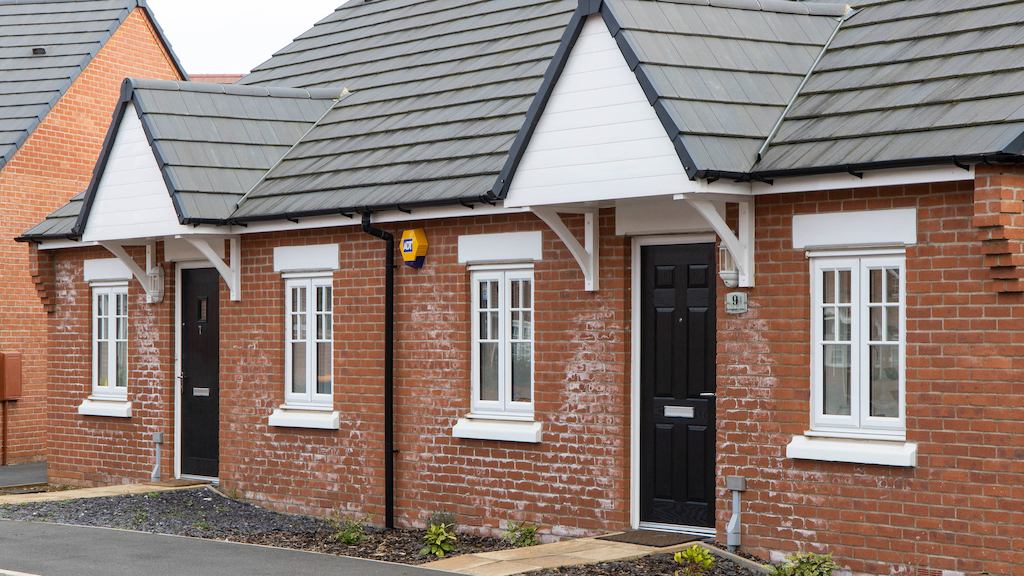Aside from financial incentives there are social benefits of homeshares, especially for those living alone. According to Age UK more than a million older people say they go for over a month without speaking to a friend, neighbour or family member. And while you can experience loneliness at any stage of your life, older adults are particularly vulnerable to social isolation due to the increased likelihood of various trigger factors such as ill-health, retirement, deaths of spouses and friends and living alone. Approximately 50% of individuals aged over 60 are at risk of social isolation and one-third will experience some degree of loneliness later in life. Homeshare can also increase confidence, for instance through sharing a common interest such as gardening or the arts, learning new skills and can reduce ageism through sharing different perspectives and insights across generations. Homeshare also provide a feeling of safety and security by having someone else in the home.
While interest dipped at the beginning of last year due to fears over the coronavirus, it has bounced back with Share and Care matches up 40% in 2020. The pandemic has highlighted the importance of our homes for our health, wellbeing and social connections. Homeshare can offer an alternative safe, cost-effective and essential support option for those in later life who wish to remain independent in their homes.
Community Interest Company (CIC), Share and Care Homeshare, is the largest and most experienced provider in the UK and offers a bespoke nationwide service. For further information visit www.shareandcare.co.uk.

